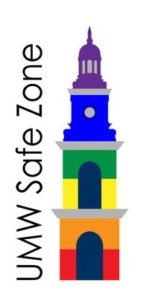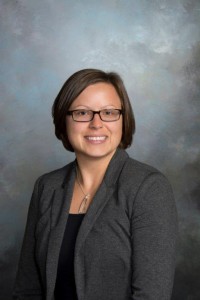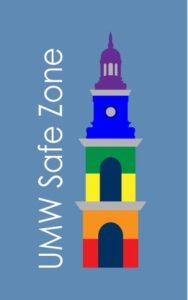 Safe Zone is excited to announce several upcoming events.
Safe Zone is excited to announce several upcoming events.
We will be hosting our spring book club on Wednesday, February 23 from 3:30-5:00 p.m. We will be reading Angela Chen’s ACE: What Asexuality Reveals about Desire, Society, and the Meaning of Sex. This program is open to all faculty and staff, including adjunct faculty and part-time staff. Books will be provided for free to the first 15 participants who register. Registration is required and space is limited.
We will be offering our next Faculty/Staff Basic Workshop on Thursday, February 24 from 3:00-5:30 on-campus. This workshop is open to all faculty and staff, including adjunct faculty and part-time staff. In this workshop, we cover everything from basic terminology to how to be an ally. The overall aim of the workshop is to help make UMW a more LGBTQ+ inclusive community. At the end of the workshop, participants will have an opportunity to sign our ally form and get a rainbow eagle ally sticker. Registration is required and space is limited.
We will be tabling for Transgender Day of Visibility on Thursday, March 31 from 11 a.m.-2 p.m. Weather permitting we will be on the UC patio. Otherwise, you can find us in the lobby of the UC. Please come out and write a message of support. We’ll be handing out resources and swag. All are welcome to stop by the table!
If you have any questions about Safe Zone or would like to register for the workshop and/or book club, then please email Laura Wilson at lwilson5@umw.edu.

 On October 20, from 11 a.m. and 2 p.m. in the lobby of the UC we will be celebrating International Pronouns Day. On that day, we will be making pronoun buttons in recognition of how important it is to respect others’ pronouns and to share our own pronouns. All are welcome. We will be giving out stickers and buttons.
On October 20, from 11 a.m. and 2 p.m. in the lobby of the UC we will be celebrating International Pronouns Day. On that day, we will be making pronoun buttons in recognition of how important it is to respect others’ pronouns and to share our own pronouns. All are welcome. We will be giving out stickers and buttons.